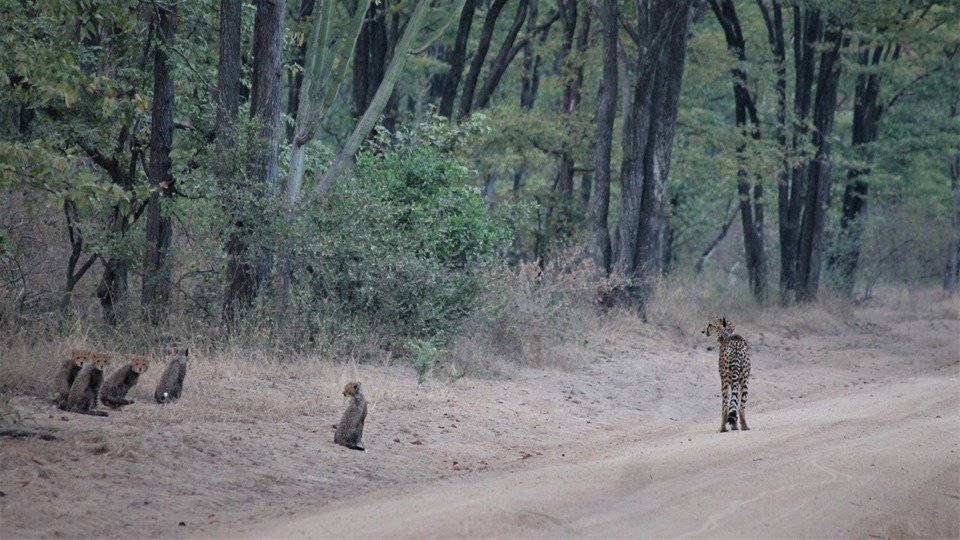Yesterday was World Ranger Day; a day to honour the field rangers whose brave duty it is to protect vulnerable wildlife from the illicit wildlife trade and poaching that ravages protected areas as a result. Without the men and women who train to be these defenders of wildlife – an incredibly dangerous and trying job – we would never see stories such as this one in the news.
Four cheetahs have been translocated from South Africa to Malawi’s Majete Wildlife Reserve, forming a nucleus population that will grow and flourish under the expert management of African Parks and the Department of National Parks and Wildlife (DNPW).

These are the first cheetahs to exist in Majete for decades. More than twenty years ago cheetahs vanished from Malawi altogether as a result of habitat loss and anthropogenic factors, which have pushed cheetahs out of 90% of their historic range in Africa. These endangered cats now once again roam Malawi’s protected areas thanks to the first reintroduction in 2017 when Liwonde National Park received the first nucleus group of four. Since then, they have successfully bred a number of times, and the first litters have survived the first crucial stages of life under the protection of their mothers and are now 18 months old. Liwonde also recently reported that five cubs born in April are thriving, so the population continues to grow.

On the 25th of July it was Majete’s turn, and four cheetahs successfully made the journey from South Africa in the care of the Endangered Wildlife Trust team. Donated by a few different reserves in South Africa – Welgevonden, Samara and Dinokeng, and Rietvlei – the cheetahs are starting life in optimal condition and in a wildlife reserve that has been nurtured, rehabilitated, and restored to its former glory. The addition of the cheetahs contributes to the predator population of the reserve and Malawi as a whole, balancing out the ecosystem as nature intended.

Without the cooperation and partnership between Malawi’s DNPW and African Parks in managing the restoration of these national parks and reserves, Majete, Liwonde, and Nkhotakhota would not be the thriving, progressive examples of successful conservation they are today. Training field rangers to defend the borders of these parks is one of the first crucial steps in securing a safe place for cheetahs, lions, elephants, and other threatened species that now find their homes in Malawi.
For now, Majete’s four cheetahs are in their holding bomas where they are acclimating to their new environment for the coming month. After that, they will roam free in an ecosystem that is in peak condition to receive them. We hope these four will have as much success as Liwonde’s cheetahs and soon being to repopulate this magnificent Malawian Park.

If you are interested in visiting Malawi’s national parks, or kayaking on the Great Lake Malawi, get in touch with us and our safari consultants will advise and arrange something that suits you best.
Read about Malawi’s other conservation successes with the translocation of lions to Liwonde National Park last year, and the translocation of 500 elephants to Nkhotakhota.

